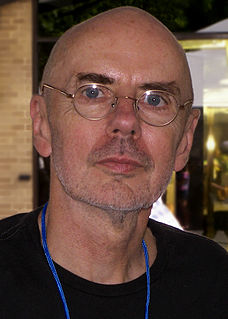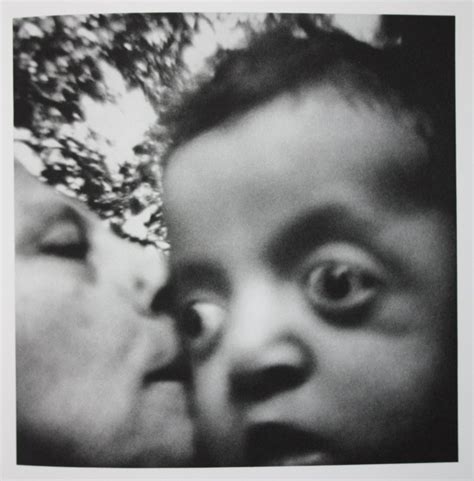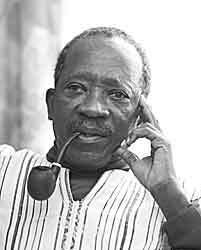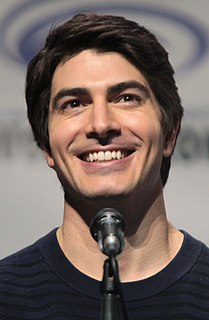A Quote by Andy Serkis
I'm in the early stages of a film called 'Freezing Time' about Eadweard Muybridge, the Victorian photographer who was really the forefather of cinema. Digital animators still treat his images like the Bible. He was a very obsessed man.
Related Quotes
Various studios are still shooting on film with digital grain and the DI negatives, it's not ideal. We should really be all film or all digital. But that being said, the old way of graining in the camera, now you can make changes like a painter. It's dangerous because you can ruin the film, you can over-fiddle. We've all seen films and gone 'what the hell is that?'
The whole switch from film to digital has changed some of the ways I use color and the juxtaposition of light and dark. It's getting better with digital, the separation's gotten better, but I still feel like it's really flatter than film, so I do a lot of screening and subtle textural printing and painting on clothes for film to get it not to look flat.
All the stories of the Bible that I know came to me first from my grandfather's lips... He would see stories in everything. He told stories very easily and very generously, so I loved him for that. He was a simple man, a Victorian; he was born in 1890-something. He saw no reason and had never seen any reason to question his Christian faith. His faith was strong and simple and that's it. And I, like his other grandchildren and the children in his parish, sheltered underneath it.
I chose to be a photographer twenty-two years ago, but I don't know that I'd make that choice again. Back in the early eighties, I still thought I was doing okay, trying to order and shape the world with my camera. Now that I know a bit more about living and dying, about our planet and its complex problems, I'm a lot less comfortable with my images of people. Still, I haven't a clue what else to do.
Narrative, fiction filmmaking is the culmination of several art forms: theater, art history, architecture. Whereas doc filmmaking is more pure cinema, like cinema verité is film in its purest form. You're taking random images and creating meaning out of random images, telling a story, getting meaning, capturing something that's real, that's really happening, and render this celluloid sculpture of this real thing. That's what really separates the power of doc filmmaking from fiction.
I am myself a professional creator of images, a film-maker. And then there are the images made by the artists I collect, and I have noticed that the images I create are not so very different from theirs. Such images seem to suggest how I feel about being here, on this planet. And maybe that is why it is so exciting to live with images created by other people, images that either conflict with one's own or demonstrate similarities to them.
When I first asked to take pictures of women at their homes, I was using my formal camera and I struggled to get the shots because I was still very much in the role of the photographer. Then the next time I had this little digital camera and their response to me would be completely different - I was a friend and I got new kinds of pictures. I was always treading a line between photographer and friend.
I think cinema is needed throughout Africa, because we are lagging behind in the knowledge of our own history. I think we need to create a culture that is our own. I think that images are very fascinating and very important to that end. But right now, cinema is only in the hands of film-makers because most of our leaders are afraid of cinema.
Well I'm Superman, just not action. I'm kind of looking for something with a lot less action and more talking and listening. I also have a film that's premiering Vegas Film Festival, short film, directed by Joel Kelly, it's called Denial and it's a story, short film, 35 mm short film and it's about a man's struggle to choose between the woman of his dreams and his reality, so it's definitely different than Superman. So I'm really proud of that.
The American public is a very specialized public. The reason it is taken as a realistic film is because inside the fable, I've put that kind of reality in. And it could easily be called, instead of Once Upon a Time in America, Once Upon a Time There Was a Certain Kind of Cinema. Because it was also an homage to cinema.




































